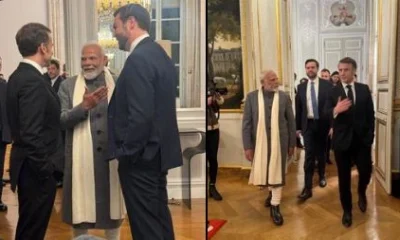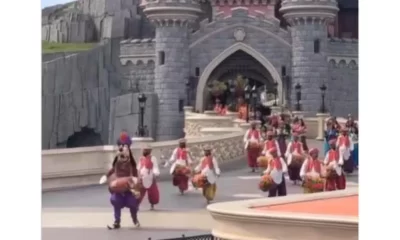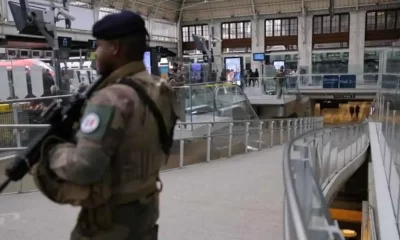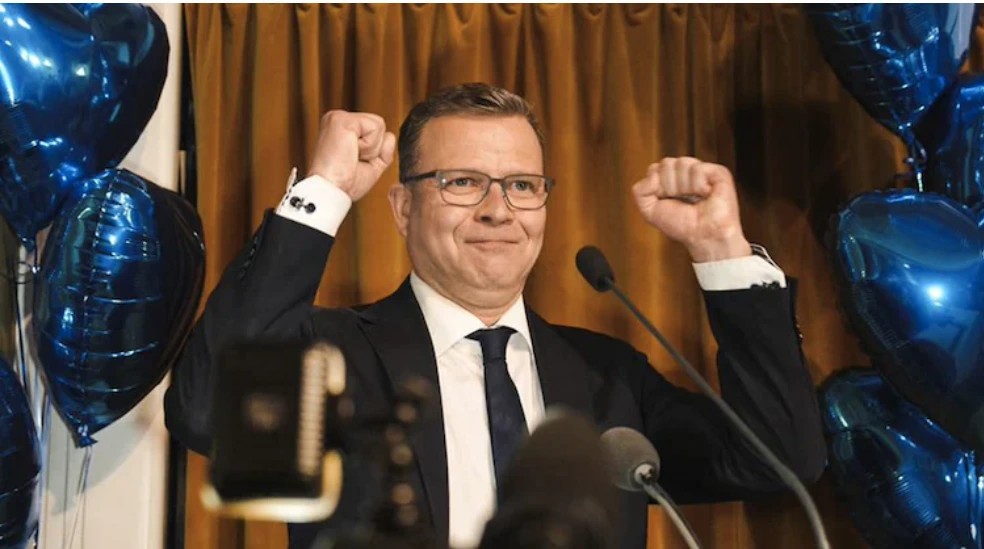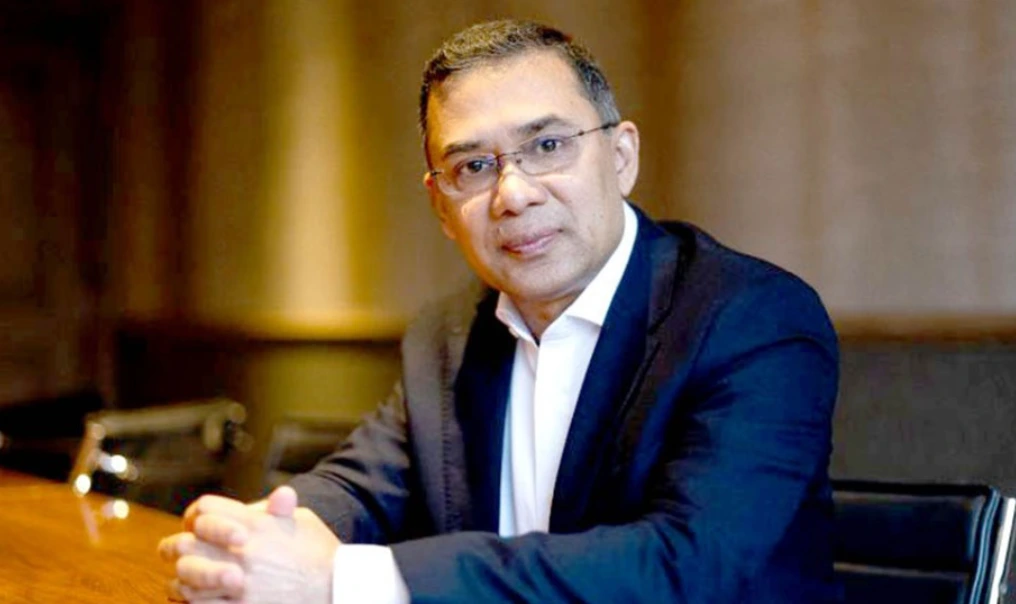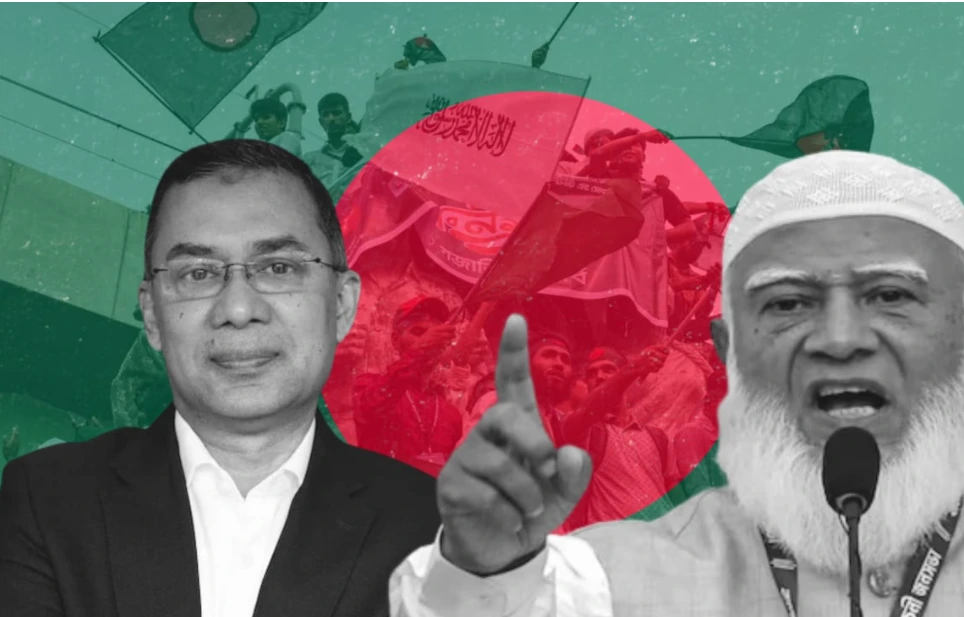Latest world news
Libya’s strongman Khalifa Haftar in Paris hospital

Latest world news
Finland PM Petteri Orpo to attend India AI Impact Summit, meet PM Modi
Finland Prime Minister Petteri Orpo will visit India from February 17 to 20 to attend the AI Impact Summit and hold bilateral talks with PM Narendra Modi.
Latest Politics News
Tarique Rahman-led BNP set for landslide win in Bangladesh elections
BNP led by Tarique Rahman has crossed the majority mark in Bangladesh’s national elections, with projections suggesting a two-thirds majority. Jamaat has conceded defeat.
Latest world news
Jamaat, BNP supporters clash in Dhaka as Bangladesh votes in 13th parliamentary polls
Clashes erupted in Dhaka’s Mirpur as Bangladesh voted in its 13th parliamentary elections, marking the first polls after Sheikh Hasina’s ouster.
-

 India News23 hours ago
India News23 hours agoRahul Gandhi faces expulsion demand in Lok Sabha over trade deal remarks
-

 India News23 hours ago
India News23 hours agoAmit Shah to visit India-Bangladesh border in Assam on February 21
-
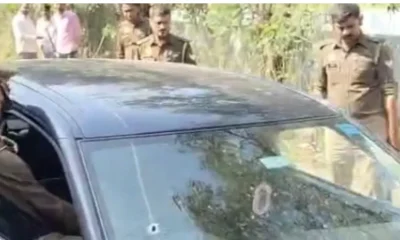
 India News20 hours ago
India News20 hours agoEx-shooter of Mukhtar Ansari gang shot dead in Barabanki, 15 rounds fired
-

 India News23 hours ago
India News23 hours agoVijay targets DMK over Rs 2,000 scheme, calls on voters to blow the whistle
-

 India News2 hours ago
India News2 hours agoRahul Gandhi meets farmers over India-US trade deal, BJP calls it stage-managed
-

 Lifestyle2 hours ago
Lifestyle2 hours agoValentine’s Day 2026: Wishes, messages and quotes to share with your loved one
-
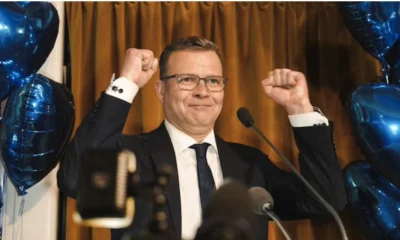
 Latest world news2 hours ago
Latest world news2 hours agoFinland PM Petteri Orpo to attend India AI Impact Summit, meet PM Modi


